Question And Answer
Publications
Articles, publications, books, tools and multimedia features from the U.S. Institute of Peace provide the latest news, analysis, research findings, practitioner guides and reports, all related to the conflict zones and issues that are at the center of the Institute’s work to prevent and reduce violent conflict.
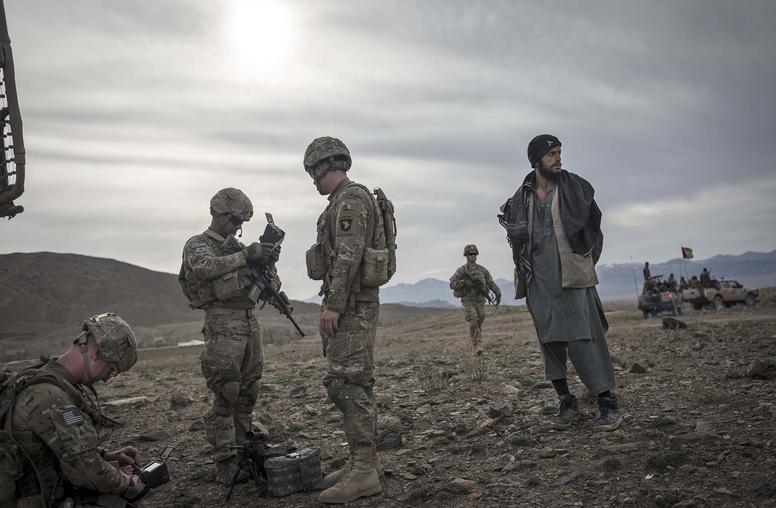
Afghanistan Withdrawal Should Be Based on Progress on Peace, Study Group Says
The Biden administration should commit to the Afghan peace process but seek an extension of the May troop withdrawal deadline stipulated in the February 2020 U.S.-Taliban deal, said the bipartisan Afg
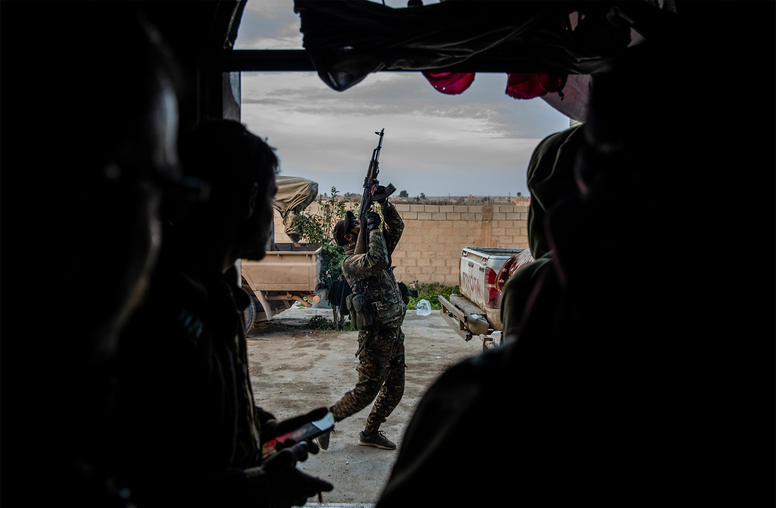
ISIS Determined to Make a Comeback—How Can it Be Stopped?
The Islamic State (ISIS), which was driven from its strongholds in Syria and Iraq over a year ago, is determined to regain territory in the region. It will take a combination of military and financial pressure, attention to public grievances, and the repatriation and rehabilitation of people who lived or fought with ISIS—as well as those who were subjugated by them—to foil the militant group’s ambitions, according to senior U.S. officials. This already tall ask has been made even more challenging by the outbreak of the COVID-19 pandemic.

COVID-19 Heightens Congressional Concerns About Global Religious Freedom
In the midst of the COVID-19 pandemic, concerns about international religious freedom continue to exist, especially as state lockdowns have made it even harder to monitor its status.
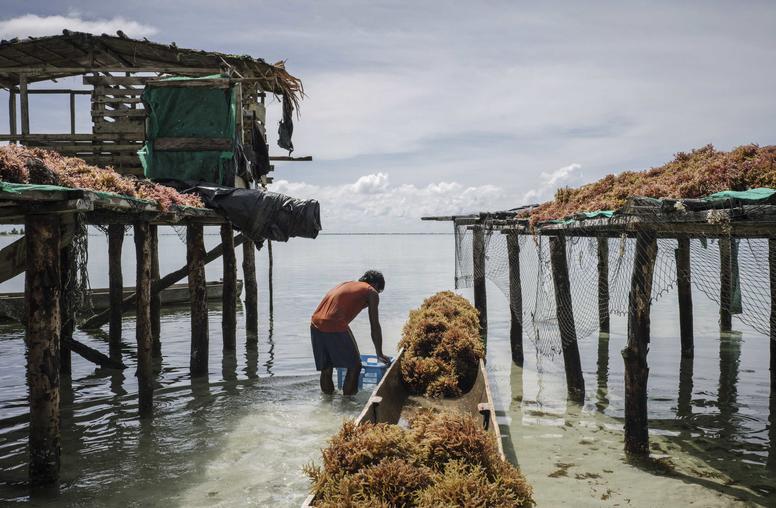
A Rising China Has Pacific Islands in Its Sights
As part of its bid to expand its influence across the world, China is emerging as an important diplomatic and economic partner for the small and far-flung Pacific Islands countries, but its engagement comes with challenges. As the economies of the Pacific Islands countries reel in the face of the COVID-19 pandemic, Chinese loans and aid are likely to become even more important in the coming months. China’s growing footprint in the region also brings a strategic challenge to the United States’ doorstep at a time when the U.S.-China relationship is under considerable strain.

Nancy Lindborg on the Women Building Peace Award Finalists
Women are often overlooked and underappreciated in peace processes. But USIP President and CEO Nancy Lindborg says the inaugural Women Building Peace Award will shine a light on women who have “dedicated their lives to doing the kind of work that reduces conflict and resolves violence, often in some of the toughest countries around the world.”
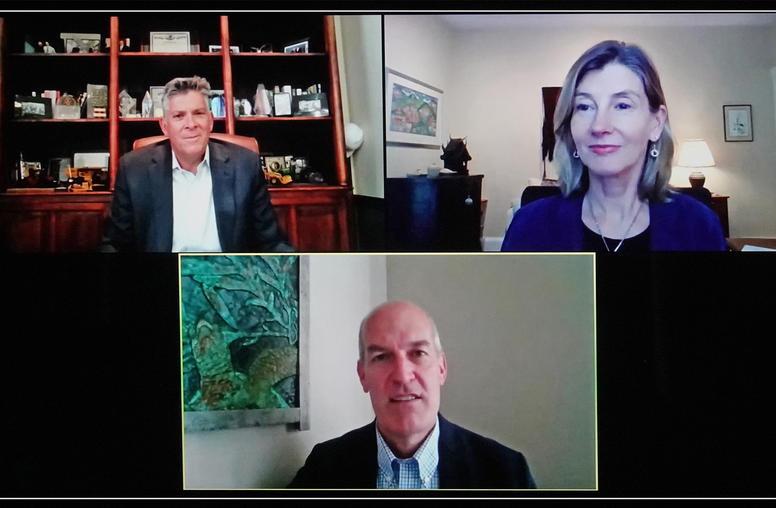
Partisan Lines Fade in Congress on China, Panel Chiefs Say
Bipartisan sentiment toward China has hardened over the past year in Congress, scrambling ideological lines as concerns grow more acute over democracy, trade, human rights, and national security, the co-chairs of the House U.S.-China Working Group said.
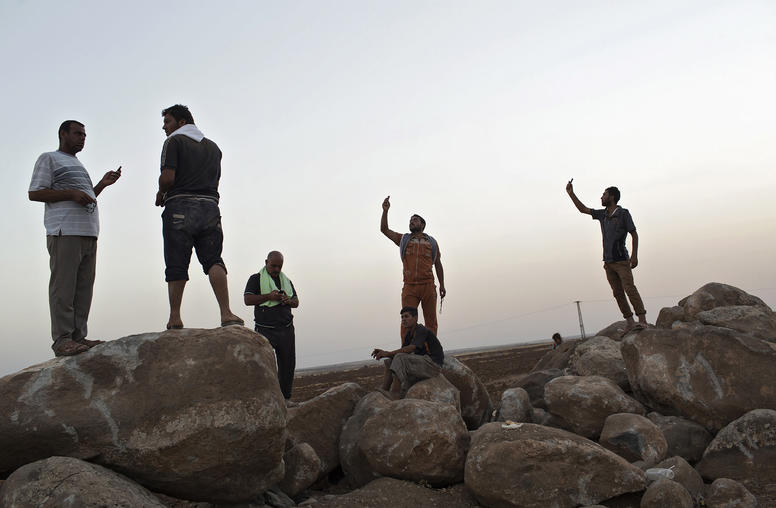
Driven from Their Homes By ISIS, Minorities Face a Long Road Back in Iraq
In 2014, Islamic State militants committed genocide against religious and ethnic minorities, particularly Yazidis and Christians, across northern Iraq. Kidnapping, rape, and murder marked this campaign of terror; thousands fled their homes. Six years later, with ISIS defeated militarily and its leader, Abu Bakar al-Baghdadi, dead following a U.S. raid, many displaced Iraqis have yet to return to their homes. The obstacles they face range from bureaucracy to a fear for their lives amid signs of an ISIS resurgence to Turkish airstrikes against groups Ankara sees as threatening its national interest.
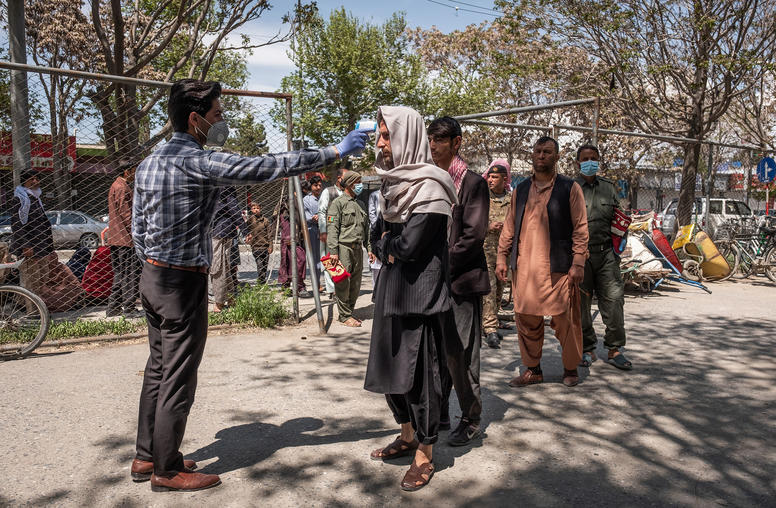
The Dangers of Coronavirus in Conflict Zones
The health and economic implications of the coronavirus pandemic threaten to reverse decades of development progress. While the international community has mobilized substantial sums of aid and financing to address the pandemic and its impacts, the scale of the crisis demands an even more ambitious response. With the virus’s peak still ahead for many countries, there remains an opportunity to rally support for international collaboration on preventive measures that could stave off the worst-case scenario while addressing underlying sources of fragility.
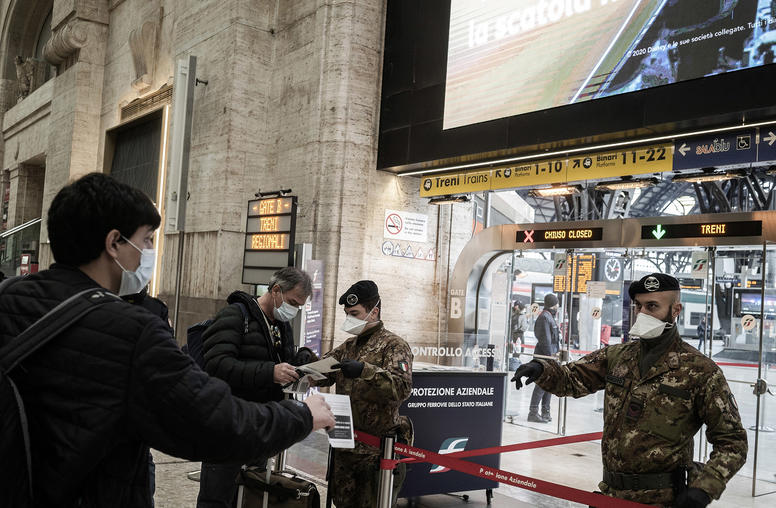
How to Put Human Security at the Center of the Response to Coronavirus
The coronavirus pandemic will have long-lasting repercussions for governance, justice, and security—among many other things. Many governments are working to contain the outbreak by adopting emergency measures and powers. Security sector actors—police, armed forces, border control authorities, penitentiaries, community security groups, and militias—are now playing a key role in limiting the virus’ spread.
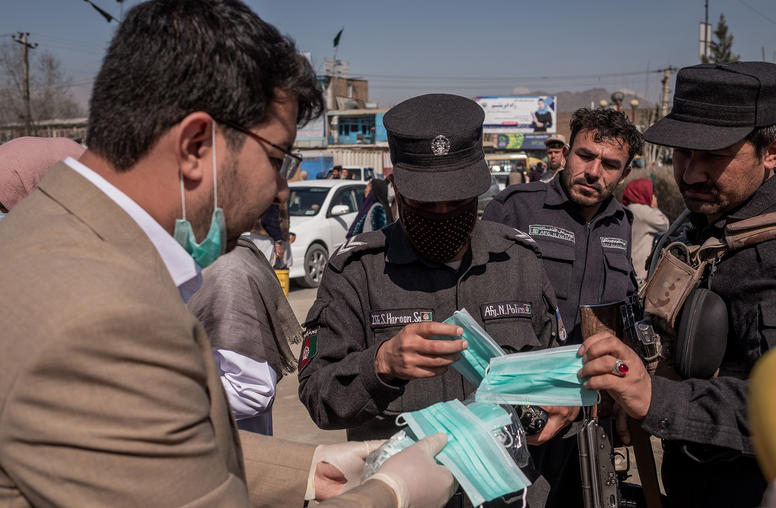
The Coronavirus is a Call To Build Resilience in Fragile States
As more developed nations have struggled desperately to contain and manage the COVID-19 pandemic, the specter of the virus rolling through the more fragile countries in the Sahel, Horn of Africa, and parts of the Middle East is a terrifying, slow-motion train wreck with the potential to trigger a devastating multidimensional-tiered health, economic, political, and security crisis. It also provides an urgent call to action to do things differently in fragile states so they can recover better.